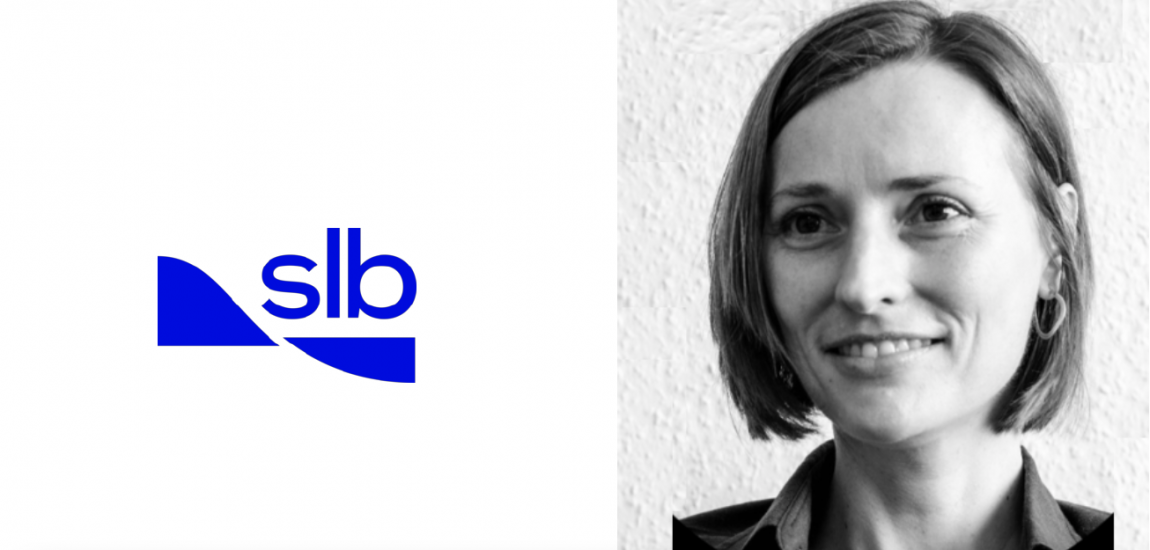
Sabine Mehay, Senior Geochemist in the Oil and Energy Industry
What is your job?
During my first 7 years with SLB, I was a technical expert and project manager in the Reservoir Laboratories organization, working closely with PVT experts, reservoir engineers, field sampling operations. My job consisted in delivering oil, gas, water, organic and inorganic solids detailed composition in support of reservoir characterization studies for field development and production applications (flow assurance, production back-allocation, etc.). I worked for customers in the Middle East and Asia (when based in Dubai, UAE, 2011-2015) and then in North America (when based in Houston, USA, 2016-2018). I, then, joined the exploration and basin modeling team in Aachen, Germany, where I applied geochemistry skills and knowledge to source rock characterization, petroleum systems analysis, and lately CCS screening and ranking, working in a multidisciplinary team on projects worldwide.
How did you get your job?
I met the person who recruited me at the IMOG (International Meeting on Organic Geochemistry) conference where I presented my PhD thesis work. A few years later, while I was pursuing post-doctoral research, he offered me the opportunity to join the team he was building to provide geochemistry services within SLB.
Did you initially plan on this career at the onset of your PhD?
I knew I wanted to have an international career, get involved in various projects that were not necessarily 100% technical and work in a multidisciplinary and multicultural environment. The oil and gas industry was a good fit at the time and offered opportunities for people with my profile.
What helped you to be aware of the alternative career paths to academia?
My PhD was a joint research project between the University of Strasbourg and IFPEN (Institut Français du Pétrole, Energies Nouvelles). The latter organized yearly trainings which provided some exposure to career opportunities in the private sector. My PhD also initially included a collaboration with an oil & gas company which did not materialize, but I got a glimpse of what it might be like to work in this industry as a geochemist. Finally, I had the opportunity to attend a training, while I was a research associate at ETH Zurich, focused on helping young researchers think about possible career paths (academic and non-academic) which was useful to better understand how my knowledge and experience could fit into either path.
What skills acquired during your academic experience are the most valuable for you today? What are the new skills you learnt in your current job?
During my academic years I acquired a solid experience with laboratory analysis involving chromatographic separation and mass spectrometry characterization. It served me well when I started my career in the industry. However, organizational skills, ability to work independently and assertiveness quickly became essential assets to seize further work opportunities. A career in the industry offers many learning opportunities. I learned several aspects of subsurface characterization including drilling and measuring tools, well integrity, mapping, monitoring, and more. Even though I have held mainly technical roles until now, I have been involved in recruitment, business development, or training which broaden my skills.
Would you have wished to have a special training during your time in academia to be more ready for your career today?
Thanks to the support of IFPEN, I had access to helpful trainings during my PhD to get an understanding of career opportunities in the industry. These were then centered on the oil & gas industry. It would have been valuable to get similar exposure to other industries where geochemistry is a sought-after skill (waste disposal, mining and minerals, environment, water management, etc.)
What aspect of your work are you most excited about at the moment?
The energy transition offers boosting opportunities to geochemists. CCS, geothermal, hydrogen and others require a deep understanding of water-rock interactions in the subsurface. Geochemistry data and solutions are needed to support the development and the deployment of new energy systems, and I am very excited to contribute to this transition.
What advice do you have for PhD student/academic staff who is thinking of leaving academia?
Academia has a lot to offer, so does industry. Either career path has pros and cons that should be carefully considered before making a decision. However, things are not set in stone and experience on one side can be leveraged to pursue a career on the other. Therefore, going in one direction now does not mean closing the door to the other. I find it useful to ask yourself: where do you see yourself in 5, 10 and 15 years (also think about your private life)? what steps do you need to take now to get there?
Interview conducted by Thaïs Couasnon (EAG Communications Committee)
